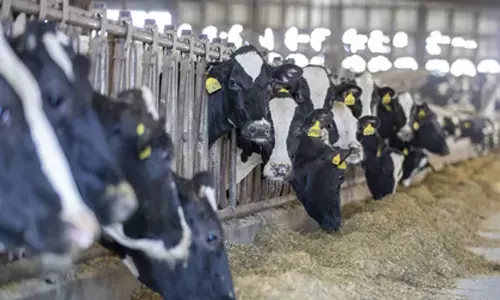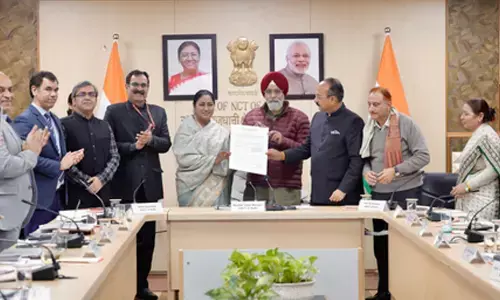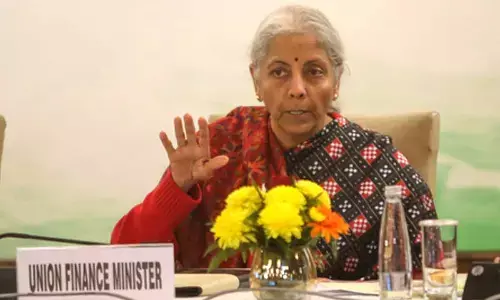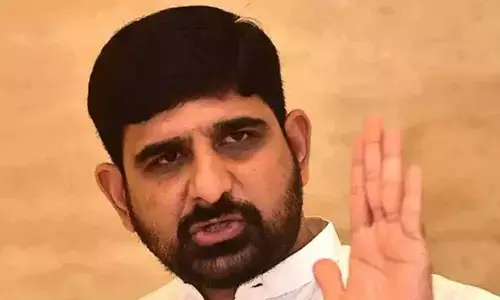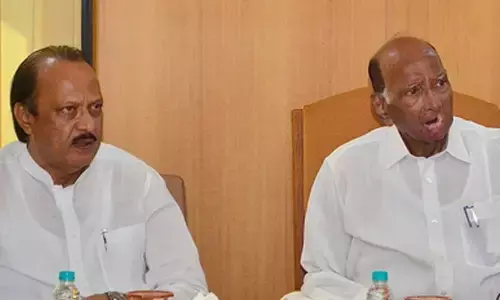Call for balanced approach in maritime development
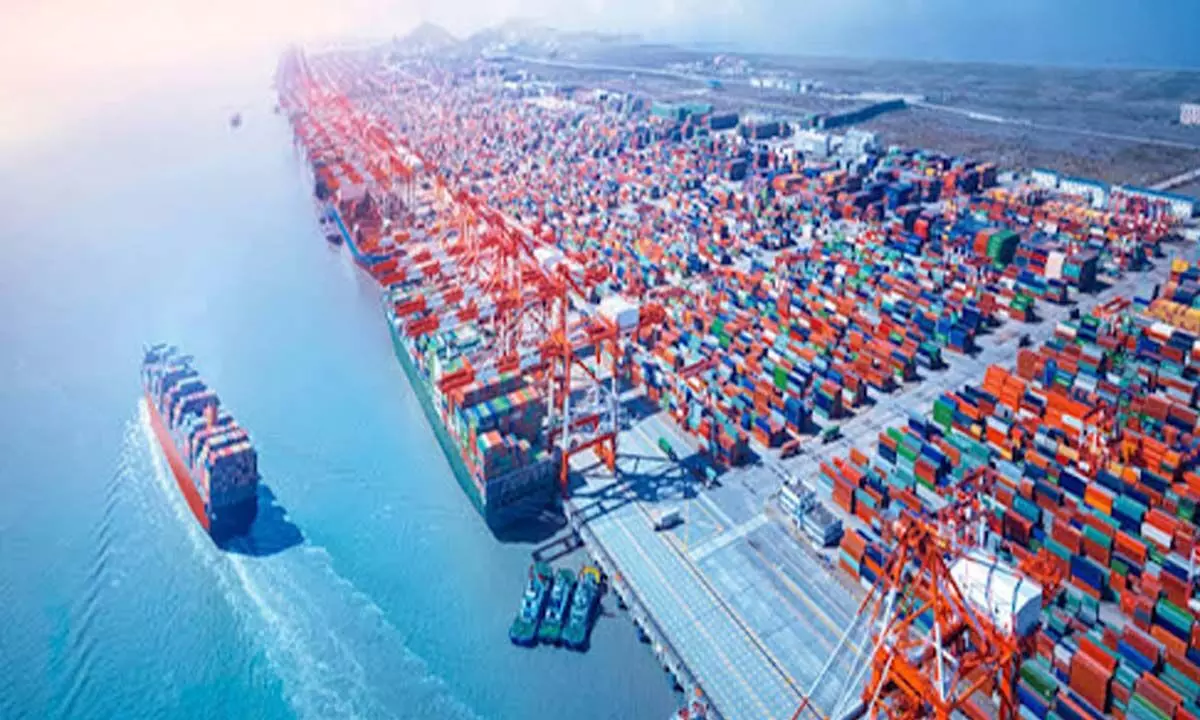
While India aims to expand its blue economy to $131 billion by 2025, only 5.9 per cent of the Sagarmala programme’s budget has been allocated to coastal community development and environmental protection, observed National Maritime Foundation (Delhi) expert Deepannita Kundu.
Visakhapatnam: While India aims to expand its blue economy to $131 billion by 2025, only 5.9 per cent of the Sagarmala programme’s budget has been allocated to coastal community development and environmental protection, observed National Maritime Foundation (Delhi) expert Deepannita Kundu.
Speaking at the international conference on ‘Indo-Pacific in an era of changing power dynamics: economic integration and security’ here on Friday at GITAM, the expert said that the disparity is particularly alarming given the 26 per cent increase in high-intensity cyclones in the region over the past four decades.
Jointly organised by the Centre for East Asian Studies, School of International Studies, Jawaharlal Nehru University, New Delhi, the Taipei Economic and Cultural Centre in India, and GITAM School of Humanities and Social Sciences, the conference included discussions related to how the global balance of power is undergoing a significant transition with its conceptual and geographic focus shifting beyond the traditional European and transatlantic centres to include emerging regions such as the Indo-Pacific.
Deepannita Kundu said that the future resilience and prosperity of the Bay of Bengal’s blue economy hinge on today’s policy choices, emphasising the need for a more balanced, cooperative, and ecosystem-centric approach to maritime development. She hinted that a climate resilience index for coastal infrastructure projects is needed to provide a tool for policymakers to assess and prioritise investments and also present case studies of successful integration of economic development and environmental conservation in coastal areas. The experts mentioned that the Indo-Pacific region is home to over 4 billion people and accounting for nearly 70 per cent of the world’s economy, has become a crucial centre of global influence and economic activity.
The rise of Asian powers has fundamentally altered the regional balance of power, leading to a redefinition of security among Indo-Pacific states and contributing to an evolving and complex security dynamic.
The experts also mentioned how Visakhapatnam is considered as a key maritime hub on India’s eastern coast to play a significant role in the Indo-Pacific region.
TAIPEI Economic and Cultural Centre in India Deputy Representative Robert Hsieh Bor-Huei, JNU Centre for East Asian Studies experts Dr Titli Basu, Aravind Yelery, University of Hyderabad Professor P K Anamika, GITAM Economics professor Mandar V. Kulkarni, S.Sushma Raj and others participated in the programme.










